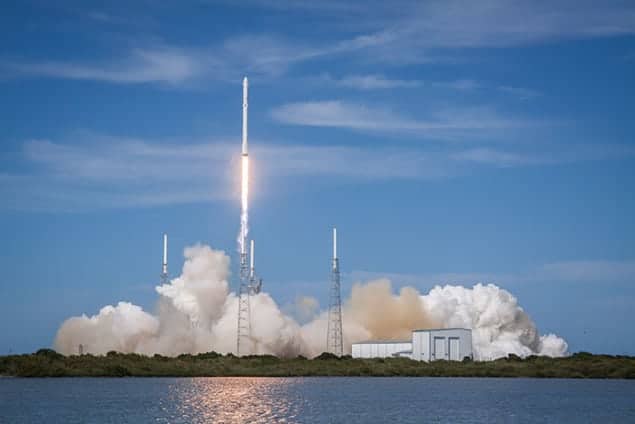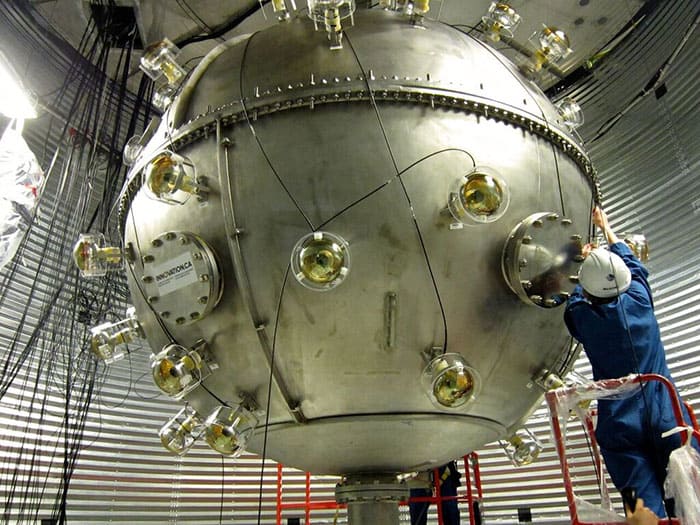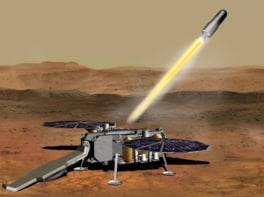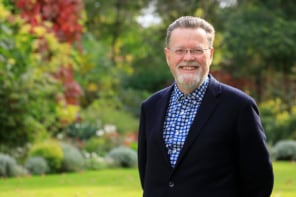Flash Physics is our daily pick of the latest need-to-know developments from the global physics community selected by Physics World‘s team of editors and reporters

SpaceX to resume space flights
The US Federal Aviation Administration has cleared the aerospace company SpaceX to resume space flights following an explosion of one of its Falcon 9 rockets on 1 September. The accident, which happened just before launch during a pre-launch “static fire test”, also destroyed a $200m Israeli communications satellite. SpaceX now aims to launch a rocket carrying an Iridium Communications satellite – the firm’s first launch since August. That was due to happen yesterday, but was postponed until 14 January at the earliest by the firm due to bad weather. SpaceX is reported to have a backlog of more than 70 missions for NASA and commercial customers.
Xenocs buys X-ray-scattering specialist SAXSLAB

Xenocs, a nanomaterials analysis company based in France, has bought SAXSLAB, which produces X-ray-scattering equipment. Both companies specialize in small- and wide-angle X-ray-scattering equipment. Peter Høghøj, chief executive of Xenocs, said that the acquisition will “strengthen our [Xenocs] ability to provide innovative solutions”. SAXSLAB was founded in 2004 and has bases in both Denmark and the US, thereby broadening Xenocs’ global presence. SAXSLAB founder Karsten Joensen and former director Søren Skou will manage Xenocs’ US and Denmark offices, respectively. Meanwhile, Scott Barton will become responsible for sales in North America as SAXLAB transfers its business from US-distributor Molmex Scientific to the Xenocs’ US office. The acquisition involved Xenocs buying 100% of SAXSLAB shares in an all-cash transaction.
SNOLAB bags C$26m in operational funding

The SNOLAB underground physics laboratory has secured a C$26m infrastructure grant from the Canada Foundation for Innovation (CFI). Located 2 km below the ground in a working nickel mine in Sudbury, Ontario, SNOLAB is home to seven physics experiments including the DEAP-3600 dark-matter detector and the SNO+ neutrino detector. According to Nigel Smith, director of SNOLAB, the money will partially fund the operation of the lab for the next three years – including the salaries of 96 staff and supporting the operations and maintenance of the facility. The rest of the cost will be borne by the Province of Ontario and Vale, which operates the nickel mine. Completed in 2011, SNOLAB is an expansion of the Sudbury Neutrino Observatory (SNO), which in the early 2000s made crucial measurements leading to the confirmation of neutrino oscillations. This breakthrough led to SNO’s then director Art McDonald sharing the 2015 Nobel Prize for Physics. The CFI is funded by the Canadian government and will pay for up to 40% of a project’s research-infrastructure costs.
- You can find all our daily Flash Physics posts in the website’s news section, as well as on Twitter and Facebook using #FlashPhysics.



